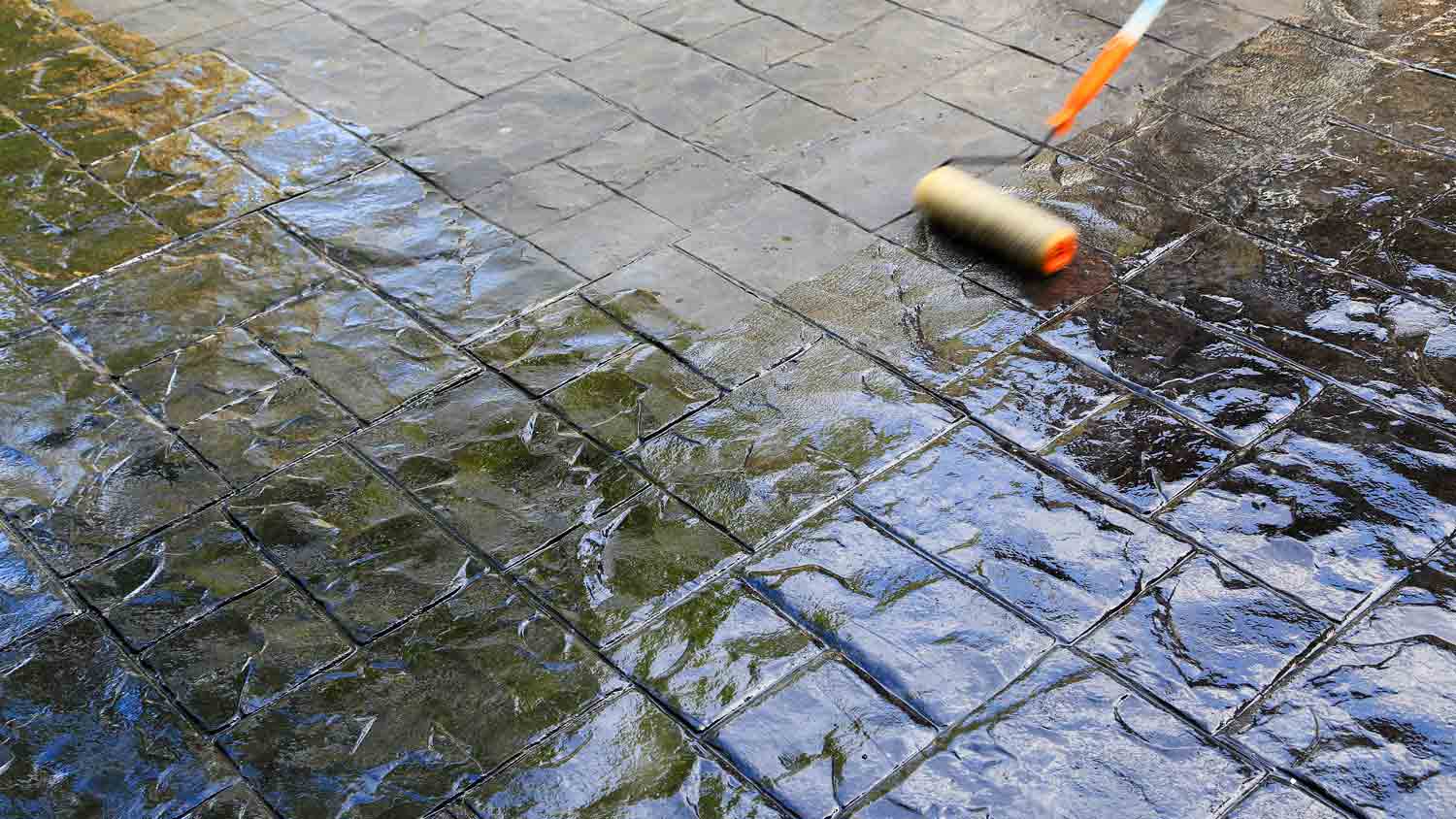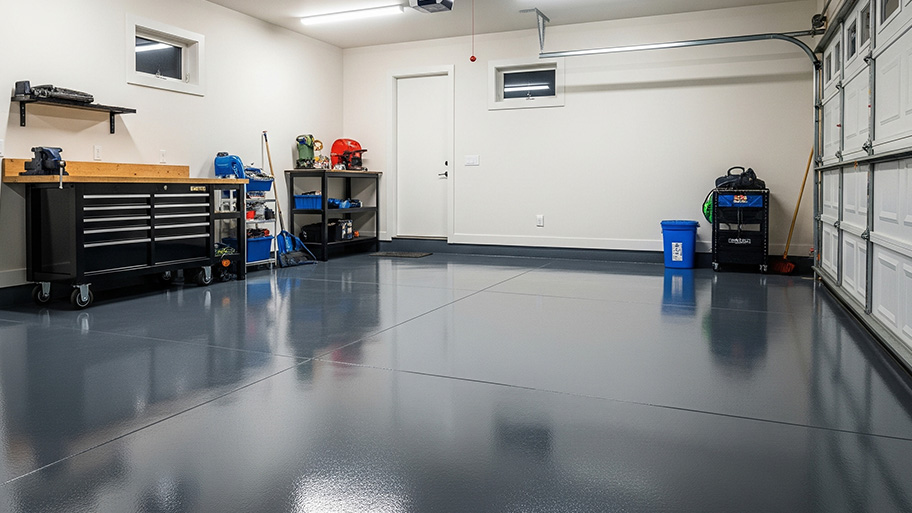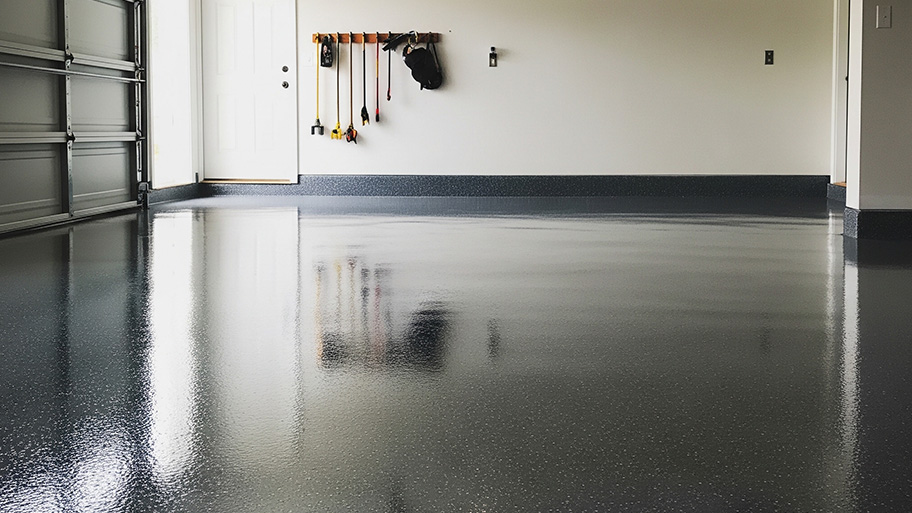
Sealing concrete floors, patios, walkways, and driveways can keep them looking fresh for far longer. Let's break down the cost to seal concrete with a pro or on your own.
Make your concrete smooth as a seal
Sealing concrete is an important step in finishing your driveway or garage floors as it protects the concrete from wear and tear caused by things weather exposure, moisture, oil spillage, and more. Read on to learn more about the best type of contractors who seal concrete and why you should hire them to get this job done.
As with most home projects, sealing concrete has pros and cons. Despite it being an extra expense with a few limitations, the benefits outweigh the drawbacks. Here are some of the most notable benefits of sealing concrete:
Extends the life of the concrete. Sealing concrete prevents damage from the elements, which in turn extends the life span of the concrete itself.
Adds to the aesthetic value. The preventative measures of concrete sealing also allow for increased aesthetic appeal as it reduces the likelihood of chips and cracks in the concrete.
Easy maintenance. Once a concrete sealing contractor has completed the sealing, maintaining your concrete driveway is simple. The concrete sealer smooths the driveway, so cleaning it can be as simple as sweeping surface debris.
More affordable than repairing. Since sealing concrete prevents damage, it also prevents the need for replacement. And sealing a driveway is more affordable than fully replacing it.

Yes, it is possible to DIY concrete sealing. However, if you choose to do so, you need to make sure you know the ins and outs of concrete sealing, like how often you should seal a driveway, what materials you need, and how to properly apply the sealing. Because you need comprehensive knowledge and skills to seal concrete properly, it may be best to hire a concrete sealing contractor rather than DIY.
Garage floor coating is a bit different than concrete sealing. That being said, contractors who apply garage floor coating often also have the capability to seal concrete. Reach out to garage floor coating companies near you and ask if they have the ability to seal concrete.
Once the concrete surface is clean, concrete sealing contractors will begin by applying a primer before applying the sealer. The specific type of sealer used will depend on the needs and uses of your concrete. To apply the sealer, the contractors will use either a roller or sprayer and completely coat the concrete before leaving it to fully dry. Once dried, they will apply a top coat to add extra protection.
From average costs to expert advice, get all the answers you need to get your job done.

Sealing concrete floors, patios, walkways, and driveways can keep them looking fresh for far longer. Let's break down the cost to seal concrete with a pro or on your own.

This guide breaks down the cost of installing epoxy flooring in your garage, basement, or other space. Costs depend on resin type, floor size, and more.

Garage floor replacement costs $2,200 on average but can vary depending on several factors. Review our guide for a more accurate estimate.

Looking for a way to update your concrete garage floor on a budget? From epoxy paint coatings to rubber and carpet tiles, explore the pros and cons of the top affordable garage flooring ideas, and compare prices using our helpful guide.

Will your space thrive with epoxy floors? Make sure the room's purpose and your budget align with the pros and cons of epoxy flooring.

Sealing your concrete helps it last longer—and look better. Learn how to seal concrete yourself to save money and keep it looking and performing like new.